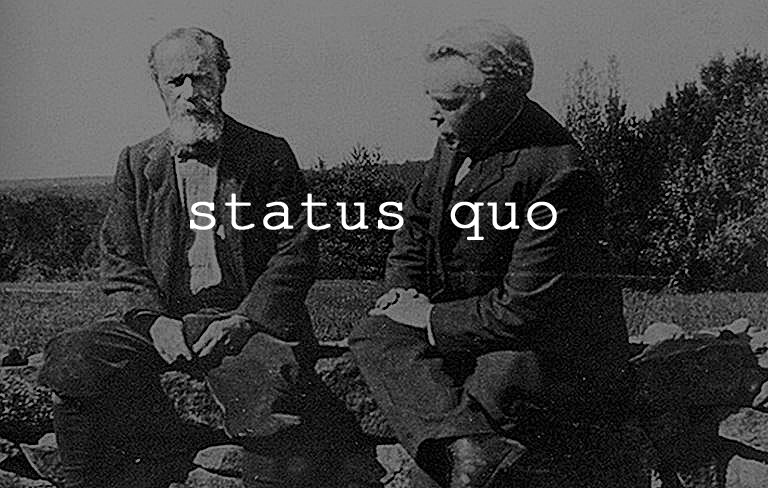When the Status Quo is Just Fine

Sam Rainer
References to the status quo often evoke images of staleness, like weeks-old bread on your counter that is still technically edible but far from its original freshness. No one gets excited about crustiness, especially in the church.
There is a lot out there on changing, challenging, and deconstructing the status quo in churches. Rightly so—the status quo should not be used as a place of comfort or as a shield from potential criticism. And unfortunately, we have far too many examples of churches that are still technically working but far from their original freshness. You can smell their crustiness before you walk in the door.
The current sentiment is the status quo exists because people take comfort in it. Within the church culture, this desire for comfort is not healthy. But the status quo is just that—the prevailing state of affairs. These affairs may be good or bad, fresh or stale.
My previous two blog posts (part 1 and part 2) included the concept of change. I admit much needs to change in many churches. However, not everything needs to change. Sometimes, “the way we’ve always done it” is a good thing. How do you know? What are some ways of looking at the prevailing state of affairs and discerning what to keep?
Keep the status quo when it includes discipline. I run daily, out of habit. The discipline to run has become my status quo. When the discipline of ministry workers is the status quo, you will be a blessed ministry leader. If I were forced to bike daily, then the discipline to exercise might not stick. But the point is exercise to remain healthy, not necessarily what type of exercise you do. Be careful in changing the status quo in your church when the people are disciplined around a certain program. The point is the fruit of the program, not the program itself. If you’re satisfied with the spiritual fruit, then be cautious in changing the program.
Keep the status quo when it includes passion. People often do the same thing over and over because they are passionate about it. When you kill the status quo, you often risk killing the passion of the church. You can work with passion. Passion killers often become targets. Pastors make for great targets. Don’t hang one around your neck by unnecessarily squelching passion.
Keep the status quo when it is pragmatic. William James rattled the cage of the religious status quo with his philosophy of pragmatism in the early 1900s. He invented this philosophy for the common person, as something anyone could grasp. Ironically, the complexities of his philosophy didn’t work for the commoner. I’m no supporter of James’ philosophy as it applies to theology. However, church leaders can learn from what works in their churches. Pragmatism focuses on what works. If it is beneficial and helps accomplish a goal, then it is of value. There’s a reason you use air conditioning in the summer—it works to keep people in a comfortable climate to better the worship environment. Some things in the church just work well for the majority of people. Don’t mess with them. Leading a church is not a science experiment where you can test creative causes and effects. If you turn off the A/C to see what will happen, your people will think you’re mad. No one wants a mad scientist as a pastor. Sometimes it’s best to stick with what works.
Most churches need to change. Every church needs to change something. But not everything in every church needs to change. Sometimes the status quo is just fine.






